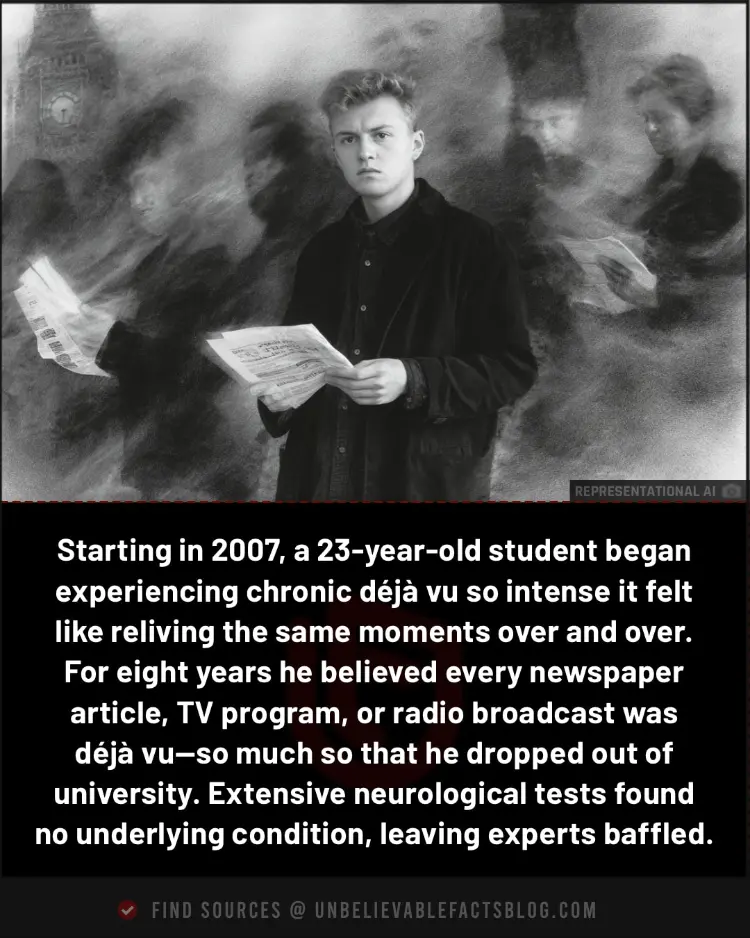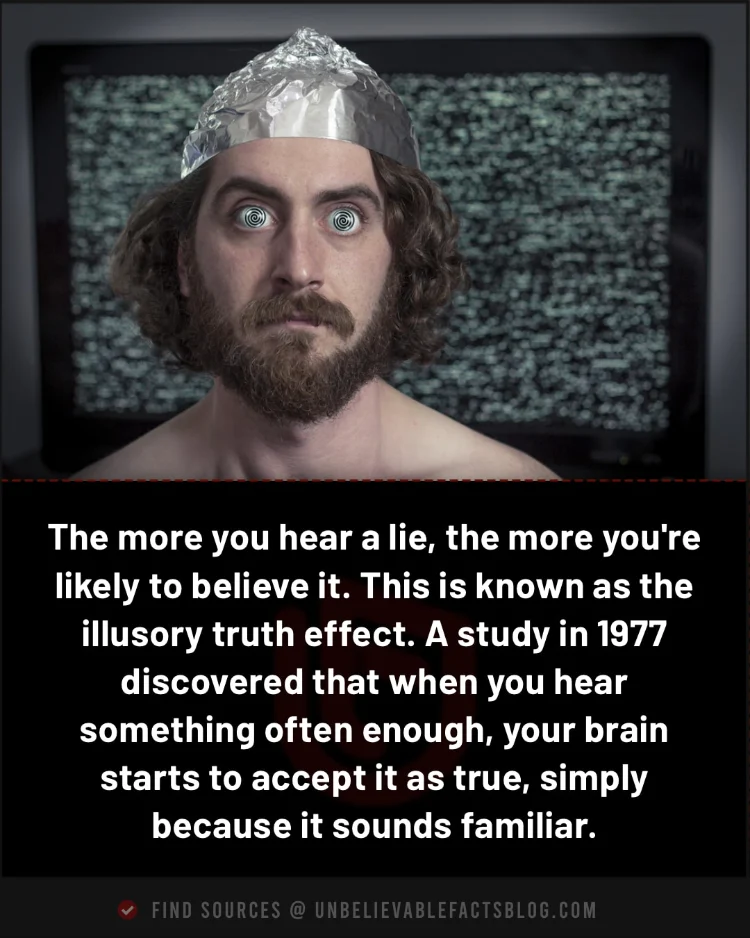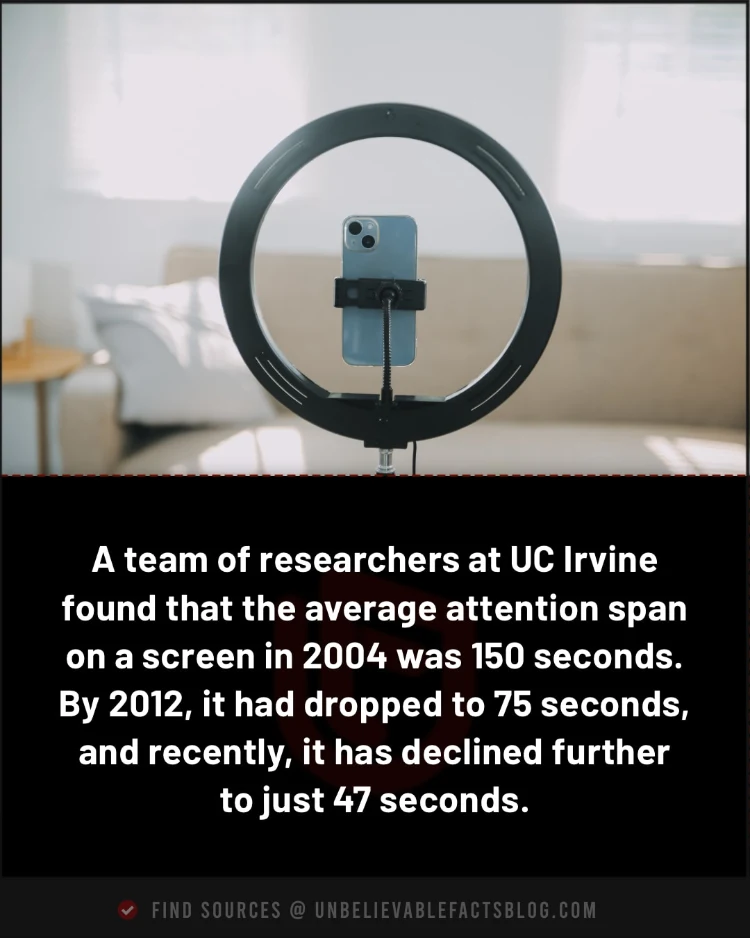38 Psychology Facts to Explore the Mind’s Mysteries
Explore key psychology facts that shed light on how our thoughts, emotions, and actions shape our daily experiences, offering insights into the complex nature of the human mind.
Table of Contents
38/38
Vicarious embarrassment triggers real physiological and brain responses too.
People who experience “vicarious embarrassment” (feeling embarrassed while observing someone else in an embarrassing situation) exhibit similar nervous‑system reactions to those of the actual subject, including increased autonomic arousal and activation in brain regions associated with social pain.
37/38
People with ADHD may suddenly feel sleepy when bored.
Intrusive sleep is a sleep problem sometimes seen in people with ADHD. It happens when they lose interest in a task and suddenly feel extremely drowsy or even fall asleep. This occurs because the brain quickly disconnects from the boring activity, sharply reducing alertness.
36/38
Anendophasia is a concept describing the lack of an inner voice.
Anendophasia means not having an inner voice or internal monologue. It isn’t a medical condition, but it describes people who don’t talk to themselves in their minds like most others do. Instead, they might think in pictures or feelings, and only rarely use words in their thoughts. Scientists say this is just a normal difference in how people think, and it has become a recognized term in psychology.
35/38
Student felt eight-year deja vu loop, quit university, tests normal.
Starting in 2007, a 23‑year‑old student began experiencing chronic déjà vu so intense it felt like reliving the same moments over and over. For eight years he believed every newspaper article, TV program, or radio broadcast was déjà vu—so much so that he dropped out of university. Extensive neurological tests found no underlying condition, leaving experts baffled.
34/38
The illusory truth effect shows that repetition can make a lie seem true.
The more you hear a lie, the more likely you are to believe it. This is known as the illusory truth effect. A study from 1977 revealed that when you hear something often enough, your brain starts to accept it as true just because it sounds familiar.
33/38
Screen attention spans dropped from 2.5 minutes to 47 seconds.
A team of researchers at UC Irvine found that the average attention span on a screen in 2004 was 150 seconds. By 2012, it had dropped to 75 seconds, and recently, it has declined further to just 47 seconds.
32/38
Once Bannister achieved the 4-minute mile, many athletes soon matched it.
The Bannister Effect occurs when a seemingly impossible achievement is made, creating a mental shift that inspires others to break the same barrier. The term comes from Roger Bannister, the first to break the 4-minute mile.
31/38
Cherophobia: fear of happiness due to belief in tragic consequences.
Some people fear being too happy, believing it will lead to something tragic. This condition is called Cherophobia.
































